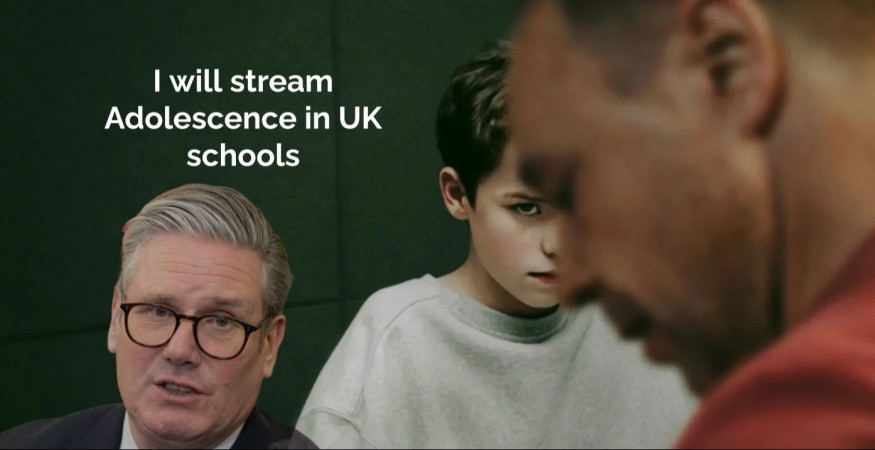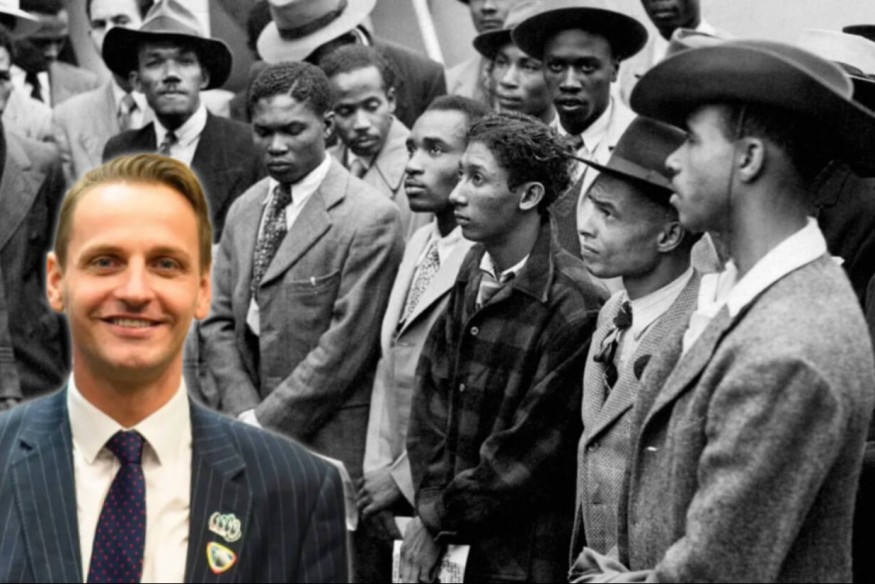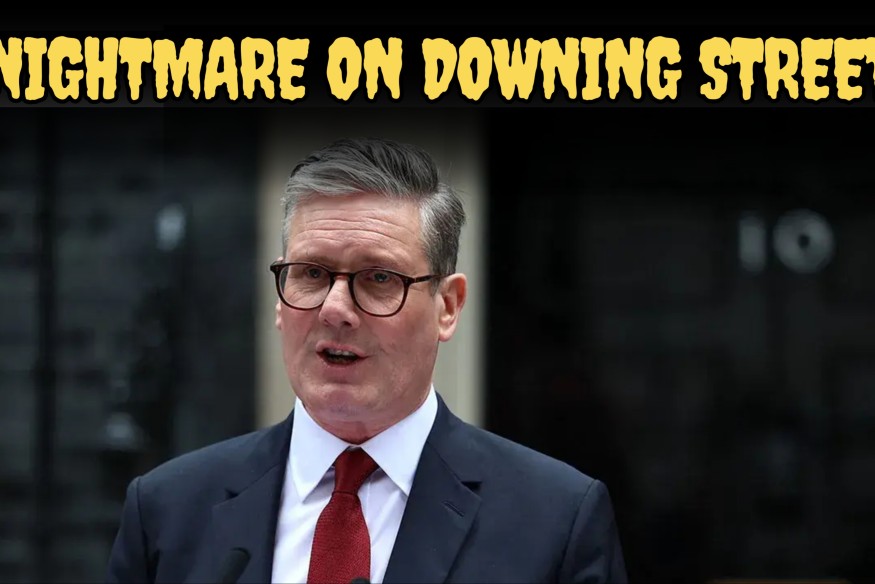
April 01, 2025
BY ESHERU KWEKU
Keir Starmer's Responsiveness To Adolescence Leaves Many Questioning His Motives
Would Keir Starmer and Downing Street show the same response and efforts, if the lead actor of the Netflix hit series 'Adolescence' were Black and not white?
Prime Minister Keir Starmer has made headlines with his decision to stream the Netflix hit series 'Adolescence' in secondary schools across the UK. The four-part drama, which tackles issues such as knife-crime-culture, toxic masculinity, and misogyny has been praised for its raw and powerful portrayal of contemporary challenges faced by teenagers.
Starmer, who watched the series with his teenage children, described the experience as "hitting home hard". He emphasised the importance of encouraging pupils to watch the show and engage in open discussions about the content they see and the conversations they have with their peers. "As I see from my own children, openly talking about changes in how they communicate, the content they’re seeing, and exploring the conversations they’re having with their peers is vital if we are to properly support them in navigating contemporary challenges, and deal with malign influences," Starmer said.
However—the move has also sparked controversial debates. Critics argue that the response to 'Adolescence' might have been different if the lead role was played by a Black child in the same circumstances. The series centres around a 13-year-old schoolboy accused of murdering his female classmate, a storyline that has resonated deeply with audiences. Some suggest that if the accused were a Black child, the reaction from the White community might not have been as supportive or empathetic. While welcomed many question the Prime Minister motives, his Valliant response—and the ambitious steps he has taken to bring wider awareness of this issue of knife crime, misogyny and violence against women and girls.
This juxtaposition however—highlights the ongoing issues of racial bias and inequality in society. The portrayal of Black children in media often comes with different connotations and societal reactions, which can influence public perception and policy decisions. The debate surrounding 'Adolescence' underscores the need for a broader conversation about race, representation, and the impact of media on societal attitudes.
The harsh reality is that in the face of shocking incidents involving Black children the response from Downing Street has been completely different, be it the Daniel Adjorin murder, where a child was beheaded on his way to school or the Child Q incident where a school child was stripped searched at school by Police and teachers while on her menstrual cycle. Or the incident where a schoolgirl was brutally murdered on her way to school in Croydon last year in front of witnesses. The stark reality is that—for Black children, the responses, especially from government are different by contrast.
In the wake of shocking incidents involving Black children as the victims of crime or immoral and inhumane searches there has been no public awareness campaigns from central or local government—despite public outcries and even peaceful protests. A fictional Netflix series on the other hand takes precedent and gets the government moving on long-standing issues affecting the country—this is what aptly grabs the attention of the Prime Minister and his staff.
The Prime Minister's initiative has been backed by various charities, including Tender, NSPCC, and The Children’s Society, which will provide guides and resources to help teachers, parents, and carers navigate the discussions sparked by the show. The decision to stream 'Adolescence' in schools aims to tackle the issues raised by the series and promote a safer environment for young people.
The challenges raised by Adolescence aren't something we can simply legislate for — if I could pull a lever to solve it, I would.
— Keir Starmer (@Keir_Starmer) March 31, 2025
It's only by listening and learning from the experiences of young people and charities that we can tackle this.
That's what I've been doing today. pic.twitter.com/bU5ocwpa1T
As the UK grapples with these complex issues, Starmer's decision to stream 'Adolescence' in schools is appears significant step towards addressing the challenges faced by young people today. It also serves as a reminder of the power of media to provoke thought and inspire change.







